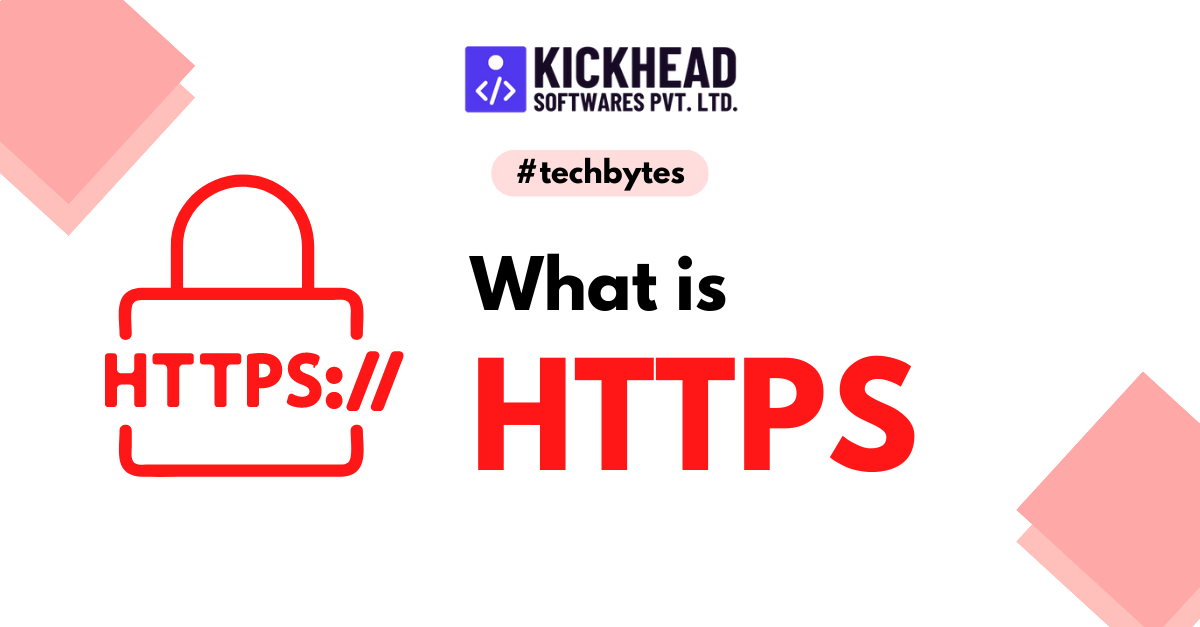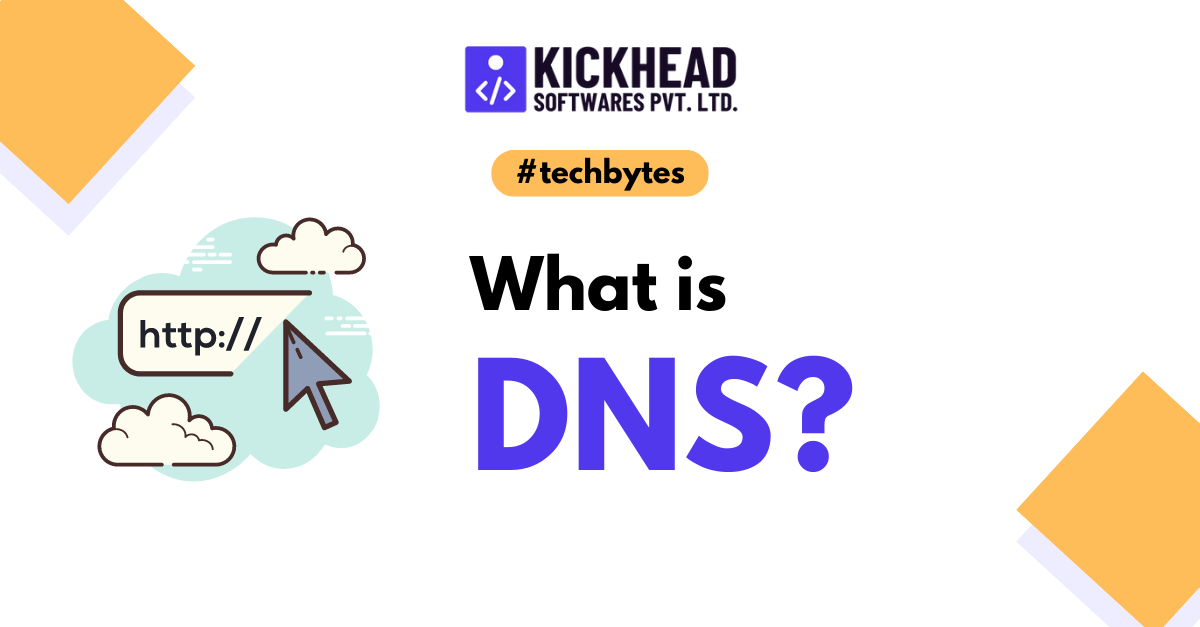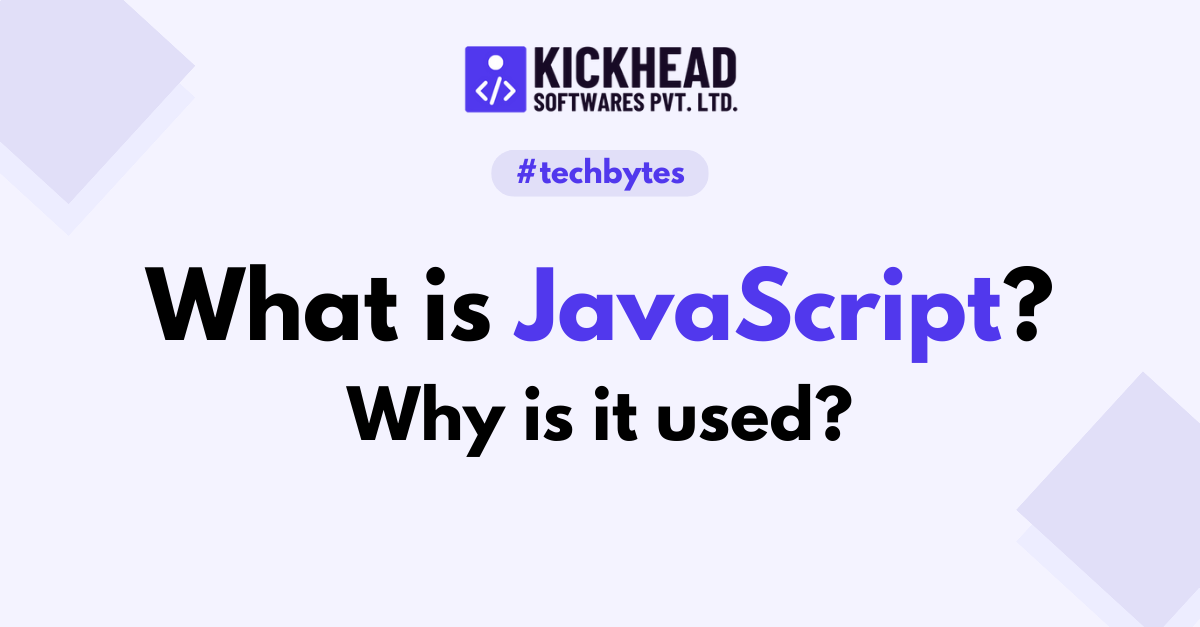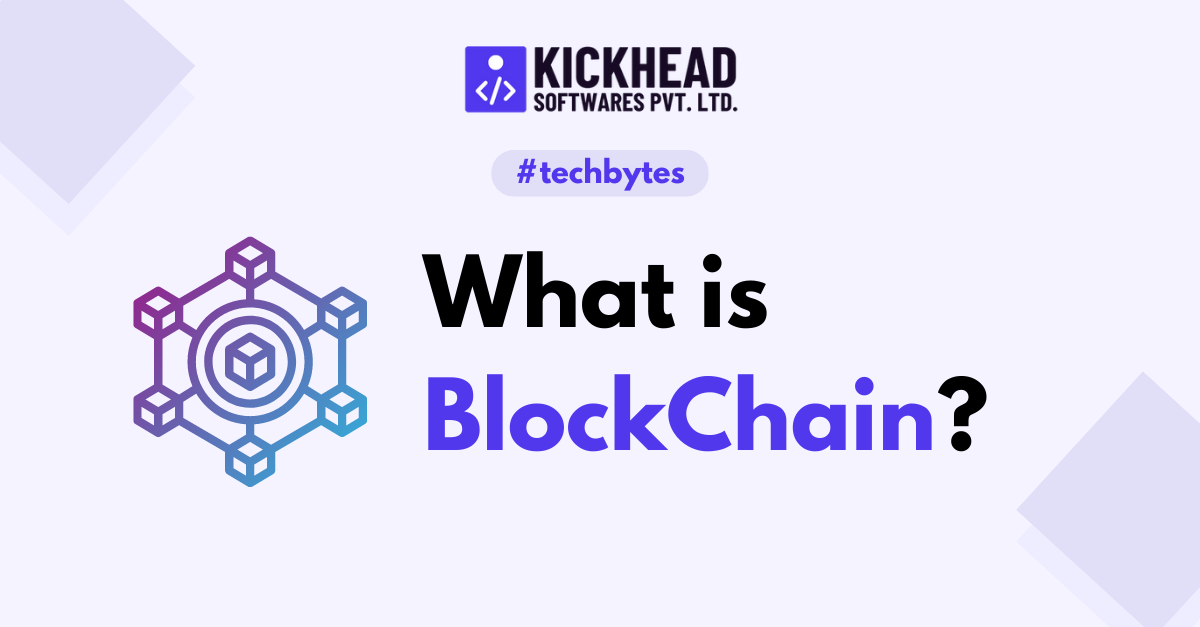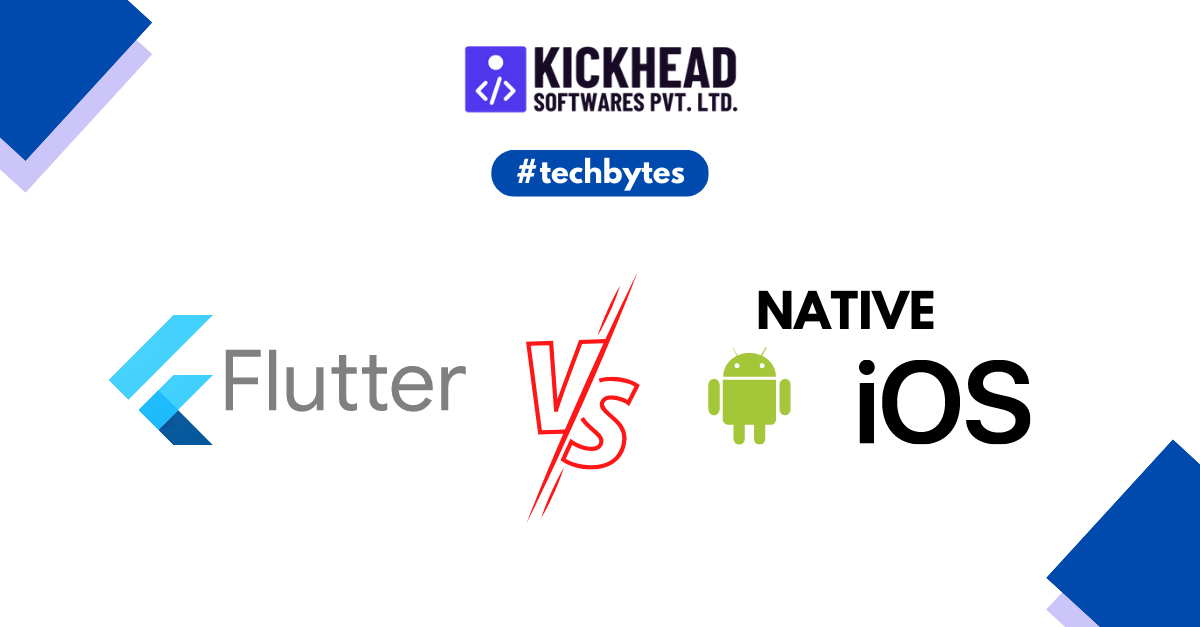
The choice between Flutter and native iOS and Android development depends on the specific needs of the project. Both have their own advantages and disadvantages
The choice between Flutter and native iOS and Android development depends on the specific needs of the project. Both have their own advantages and disadvantages and the best choice will depend on factors such as performance, development time, and access to device features.
When it comes to performance, native iOS and Android development generally has better performance than Flutter, because the app is built specifically for the platform it's running on. Native apps also have direct access to device features, which can result in smoother and more responsive apps.
However, Flutter offers a faster development process as it allows for one codebase for both iOS and Android. This means that development time can be shorter and more cost-effective compared to native iOS and Android development, which would require separate codebases for each platform. Additionally, Flutter offers hot reload, which allows for faster development and testing.
Flutter also offers a rich set of customizable widgets and easy to use development environment and it's backed by Google. It's easy to learn and use and it's growing in popularity.
In terms of development, native iOS and Android development have an established and large communities, while Flutter has a growing community. Native iOS and Android development also have built-in support for debugging and testing, while Flutter requires third-party tools.
In conclusion, both Flutter and native iOS and Android development have their own advantages and disadvantages. If performance and access to device features are the highest priorities, native iOS and Android development may be the best choice. However, if development time and cost are the highest priorities, Flutter may be the better choice. It's important to carefully consider the specific needs of the project before making a decision.
